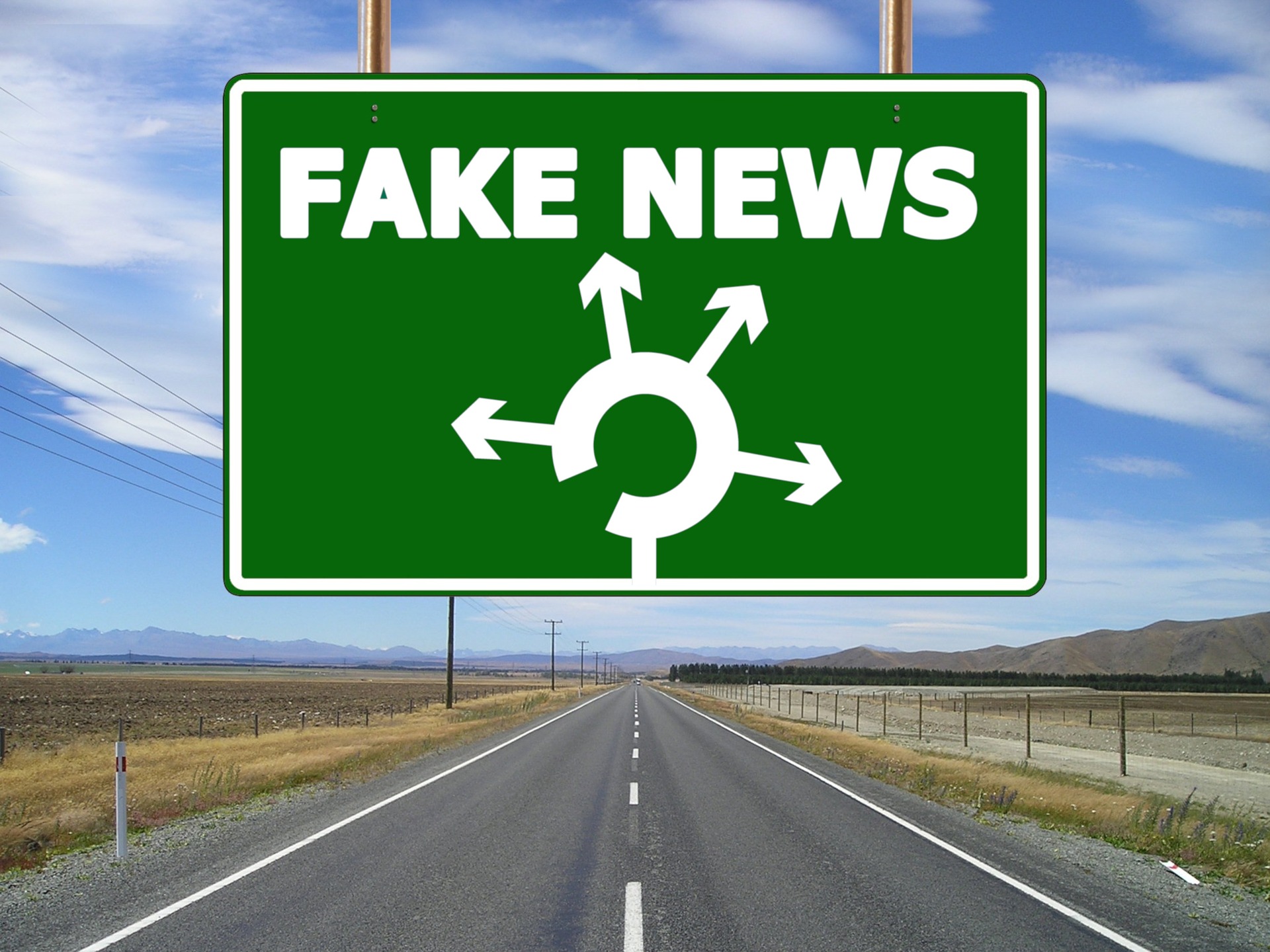Last updated on November 24, 2020
Against the background of continued election interference by hackers working for foreign governments, the major internet players are trying to curtail the ways their platforms might be exploited to spread misinformation.
- Facebook to block new political ads 1 week before Nov 3, adds more tools and rules for fair elections [TechCrunch] “We’re now 61 days away from the U.S. presidential election, and Facebook is once more ramping up its efforts to level the playing field and attempt to keep its platform from being manipulated to influence how people vote.”
- Google says it’s eliminating Autocomplete suggestions that target candidates or voting [TechCrunch] “Users will still be able to search for information around voting or candidates — you just won’t see those queries automatically, and it should become much harder for a candidate or party to use Autocomplete to drive users to make a desirable search.”
- Google’s Autocomplete Ban on Politics Has Some Glitches [Wired] “Google’s policy bars autocomplete suggestions that can be interpreted as favoring or opposing a candidate or party. It says statements that make claims about voting methods, requirements, or legitimacy, such as ‘you can vote by phone,’ are also banned, although WIRED found suggestions can include questions like ‘how do I vote by mail.'”
- Twitter expands rules against election-related misinformation [CNN] “The new rules include policies geared toward reducing potential post-election chaos, a major concern this year because of Trump’s rhetoric and the influx of mail-in ballots, which will slow down vote-counting. Twitter will now prohibit ‘misleading claims about the results,’ premature claims of victory, or ‘inciting unlawful conduct’ that prevents a peaceful transition of power.”
From the Ohio Web Library:
- Parks, Miles. “How To Spot Misinformation In An Election Year.” Weekend All Things Considered (NPR), Jan. 2020.
- Cassady, Daniel. “Google Announces Measures To Crack Down On Misinformation Ahead Of Presidential Election.” Forbes.Com, July 2020, p. N.PAG.
- “TikTok Teens and the Trump Campaign: How Social Media Amplifies Political Activism and Threatens Election Integrity.” Moderate Voice, June 2020, p. N.PAG


